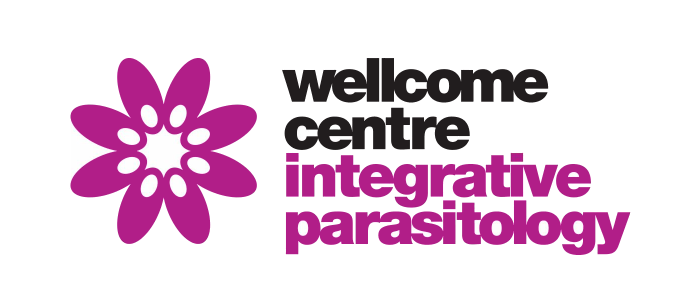Introducing the Centre for Parasitology
Introducing the Centre for Parasitology
There is a long history of parasitology in Glasgow, with some of the most significant discoveries made by scientists trained by, or based at, the University of Glasgow.
Wellcome Unit of Molecular Parasitology
In 1987, the Wellcome Unit of Molecular Parasitology was established, representing not only the excellence of this research in Glasgow, but also the first UK-based collective that Wellcome had funded. The Unit transitioned to a 'centre' in 1999 and has enjoyed successful growth and evolution of activities and goals. The success of the Centre has been the result of excellent basic biological research on the (largely protozoan) parasites that cause diseases such as malaria and sleeping sickness in tropical regions.

Wellcome Centre for Integrative Parasitology
Our Wellcome funding was renewed in 2014 for seven years, making us part of a wider group of 14 Wellcome Centres, and we renamed ourselves as the Wellcome Centre for Integrative Parasitolgy (WCIP) in January 2019. This renewal also saw an expansion of our public engagement activities, greater interactions in low and middle income (LMIC) regions, and involvement in the Wellcome Liverpool Glasgow Centre for Global Health Research (WLGCGHR). All reflecting our leadership role in driving a Scottish (and wider) agenda in Global Health Research. We focused on discovery research into parasite biology and host/parasite/vector interactions with a broadened portfolio of pathogens and technologies.
However, as a Centre, we are continuing to develop and broaden. The number of research groups has increased from 9 to 15 and we have new programmes examining immunity to helminths (this includes parasitic worms such as schistosomes). Technologically, we have expanded. We have created a national metabolomics facility, enhanced our imaging capabilities, and have expanded our work in drug discovery.
Recent engagement and collaborations in Malawi has been particularly fruitful, and we are establishing a molecular diagnostics facility in partnership with the College of Medicine in Blantyre with significant funding from the Scottish Government. This facility represents the first step in a partnership programme that seeks to establish the Blantyre-Blantyre Research Facility. Blantyre-Blantyre will examine the interface between infectious disease and existing (and burgeoning) African non-communicable disease profiting from the Glasgow experience. We aim to develop a model of investigation and therapy development that will ultimately benefit both African and UK populations.
These recent developments have significantly shaped our research agenda as we integrate and foster the engagement of additional and wide-ranging expertise into our programmes as part of an aspiring global health agenda.

Centre for Parasitology
On Friday, 29 March 2025, after a 35-year association the Wellcome Trust, the centre underwent a realignment and became the Centre for Parasitology (CfP).
This large, inclusive centre is jointly led by staff from the School of Infection & Immunity (Sii) and the School of Biodiversity, One Health & Veterinary Medicine (SBOHVM), but is also open to any academic or group that works on parasitology across the University of Glasgow.
We look forward to an expanded research portfolio and new global partnerships and collaborations.

